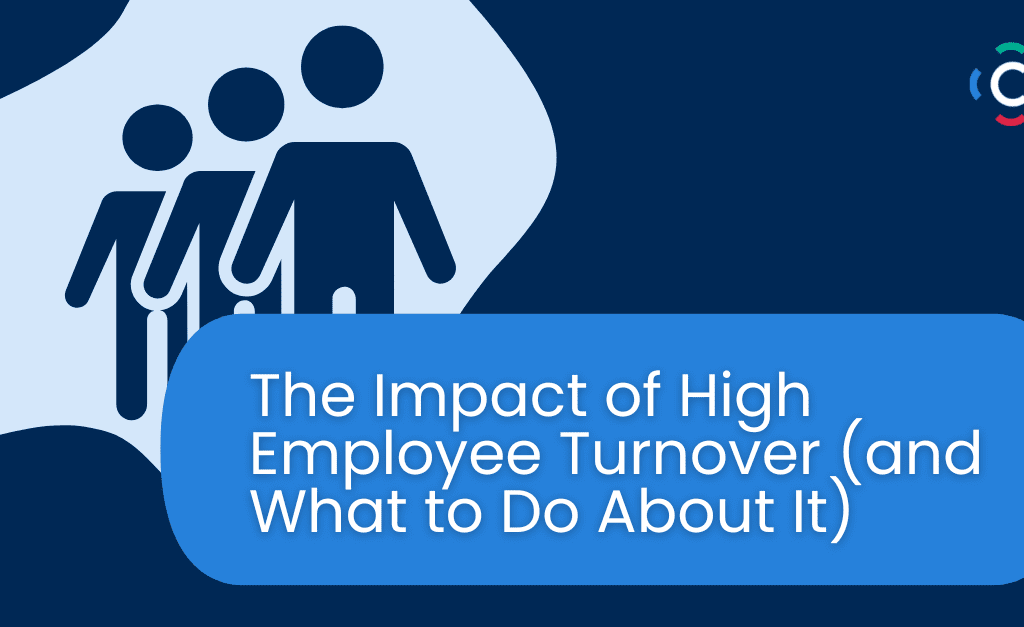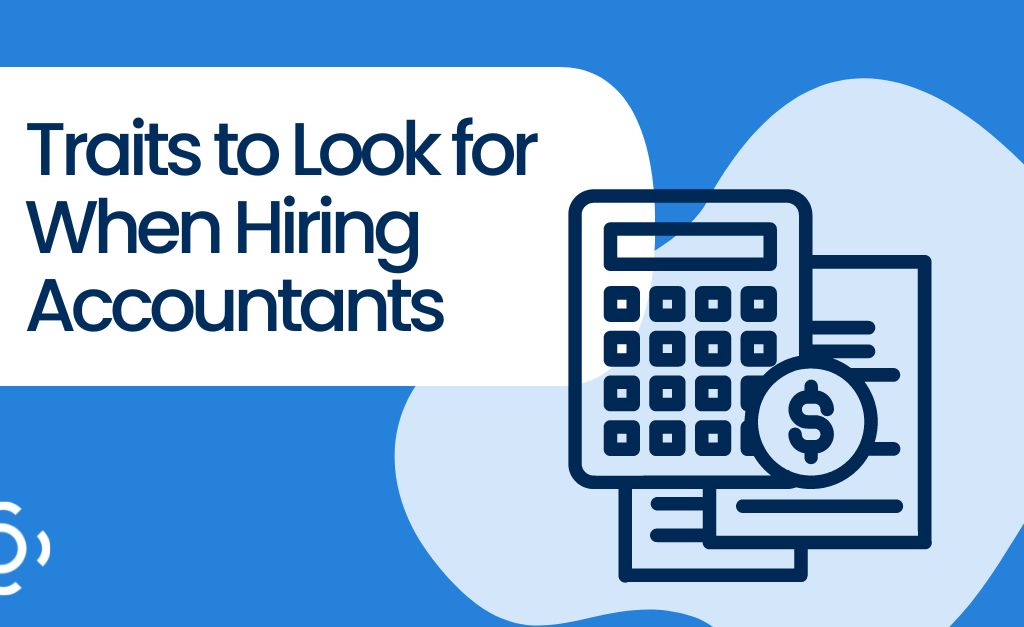Few things are more coveted by — but also elusive for — employers than employees who “fit” with their companies’ cultures. Here’s some advice for finding a finance candidate that fits your organization like a glove.
“Fit.” It’s arguably one of the trendiest buzzwords in hiring circles. Fit is in — it has everyone in a fit. We’re repeatedly told that “cultural fit” trumps competence, and that it’s a better guarantor of a hire’s success than their technical skills or relevant experience. A recent study by Leadership IQ, for example, found that nearly half of new hires fail — are either let go or quit — within their first eighteen months on the job due to a lack of fit with their new company’s culture. That same study found that only 11 percent of new employees fail for reasons having to do with their inability to deliver quality results in their roles.
Most hiring managers and employers have had firsthand experience with this. It’s a scenario that’s replayed a hundred times every week: a thorough and comprehensive job search yields a candidate who’s absolutely perfect for the job — on paper at least. Experience and work history, qualifications and credentials, interview and references: every box is ticked, every criterion filled. A match made in heaven, right?
Alas, fast forward a few months, and things aren’t working out as well as hoped. Your dream candidate might have said all the right things and gave all the right answers during their interview, but it turns out that the way they do things doesn’t jibe with how everyone else on your team does them, or wants to do them. Personalities are clashing, morale and engagement are down, productivity is lagging — no one’s happy. In the end, you’re forced to let your hire go, and it’s right back to the drawing board — minus, of course, the time and expense you’ve already committed.
So how do you avoid a costly hiring mistake and find a candidate who’s not just a good match on paper, but one in practice, too — a candidate, in other words, who fits with your organization’s culture and core values? What exactly is “fit,” and why is it such a hot commodity among employers? And how do you hire for it?
Too fit to quit
“Hire for attitude, train for skills.” Such was the mantra of Herb Kelleher, co-founder and former chairman of Southwest Airlines, when he took the company’s reins in 1978. Looking to change travellers’ perceptions and experience of flying, Kelleher made a specific point of hiring people who had a sense of humour. That, along with other changes, established Southwest as a distinctive and unique brand, and helped to turn it into one of the most successful airlines in the industry.
Don’t be mistaken: fit isn’t a wholesale substitute for skills. You might be a standup comic with an HBO special in the works, but if you’ve never flown a commercial plane, don’t expect Southwest or any other airline to hire you as a pilot any time soon. Likewise, if you’re an employer or hiring manager trying to fill a senior accounting position, you want someone who knows their way around an Excel spreadsheet.
But with so many qualified accounting candidates on the job market today, there’s no reason you can’t find an employee who’s not only technically capable, but also shares your organization’s vision and values. Employees who are willing to drink the Kool-Aid will be intrinsically motivated and work full-tilt to help your company succeed — those are the keepers.
Hiring for fit doesn’t just make sense for you, as an employer; it’s also bound to make your hire happier, too, making them less likely to jump ship for another opportunity. Growing numbers of candidates today rate cultural compatibility and corporate values among the most important things they consider when evaluating a job opportunity. According to the crowdsourcing employment site Glassdoor, jobseekers cite company culture as their second-highest priority, right behind salary.
Most of us, after all, will probably end up spending more time at work, with our co-workers, than we will with our friends, and maybe even our families. You can hardly fault people, then, for wanting to feel at home with both the company they might work for and the folks they might work with — to be in an environment where we can go out for drinks with our supervisor and not have to constantly deal with difficult co-workers, bullying bosses, or office drama.
But with so many qualified accounting candidates on the job market today, there’s no reason you can’t find an employee who’s not only technically capable, but also shares your organization’s vision and values.
What fit doesn’t mean
The fact that a candidate shares your interest in Japanese avant-garde theatre, or your enthusiasm for rock-climbing or hot yoga, does necessarily not mean they’re a good fit for your company. You’re looking for an employee — not a life partner.
And besides, hiring someone because they went to the same business school as you or share the same hobbies and interests as you can lead to hiring more of the same. Sure, you want to get along with your people, and you want your people to get along with one another — but simply hiring different versions of yourself will leave you with an office full of clones. There’s culture, and then there’s monoculture. You can hire candidates who gel with the rest of your team, but who still have something unique and novel to contribute to its dynamics. Groupthink is the enemy of growth.
To be sure, balancing a concern for fit with the goal of diversity in your workforce can be a tough juggling-act for employers and hiring managers. But don’t let the search for one come entirely at the expense of attention to the other. Fit is one variable to consider among others.
And remember: hiring for fit only makes sense if your company’s culture is actually worth preserving. If the environment in your office is a bad one, or your team’s performance is slackening, a misfit or two can help to shake things up in a positive direction.
Asking the right questions
It’s hard to find what you’re not looking for. But even when you’re looking to hire for fit, it can be tough to pin down. How can you tell whether a candidate is right for your organization?
In addition to a sharp eye, screening candidates for company fit takes time — lots of questions, lots of interviews. In particular, the answers that candidates give to the questions you put to them will be your best clues to whether they’ll be successful and thrive at your company. Above all, ask behavioural and situational questions. Sure, a creative curveball like “Kirk or Picard?” is a great way to stir up debate among Star Trek enthusiasts (even if the whole discussion is besides the point — everyone knows Picard beats Kirk hands-down), and it might tip you off as to some elements of their personality.
The fact that a candidate shares your interest in Japanese avant-garde theatre, or your enthusiasm for rock-climbing or hot yoga, does necessarily not mean they’re a good fit for your company.
But questions that force candidates to describe how they’ve managed expectations, delivered results, and overcome challenges in the past will tell you not only about what kind of person a candidate is, but more importantly, about how they work, and how they will work if they join your organization — which, ultimately, is what you’re trying to determine.
If you’re having trouble hiring for fit, it could very well be that you don’t have as good a sense of what your company’s culture is really like as you think; you may be trying to force square pegs into a round hole without even knowing it. You may need to take some time, then, to take a pulse of your company’s life and culture. Invite someone from the outside to visit the office and take a look, to see what stands out to them. In addition to helping you access the hidden market of passive jobseekers, a third-party recruiting firm can offer a more objective take.
Hiring for fit has given people fits, but it can really pay off, when you land that hire who hits the ground running from day one, as if they’ve been with your company forever.
Have advice for how to hire for fit or a personal experience to share? Post a comment below.
Let us know what you think! At Clarity Recruitment, we’re always interested in hearing from accounting and finance professionals like yourselves, who are ready for new, exciting opportunities that can take their careers to the next level. And be sure to follow us on Twitter (@clarityrecruits) and connect with us on Facebook for more great tips and advice!




